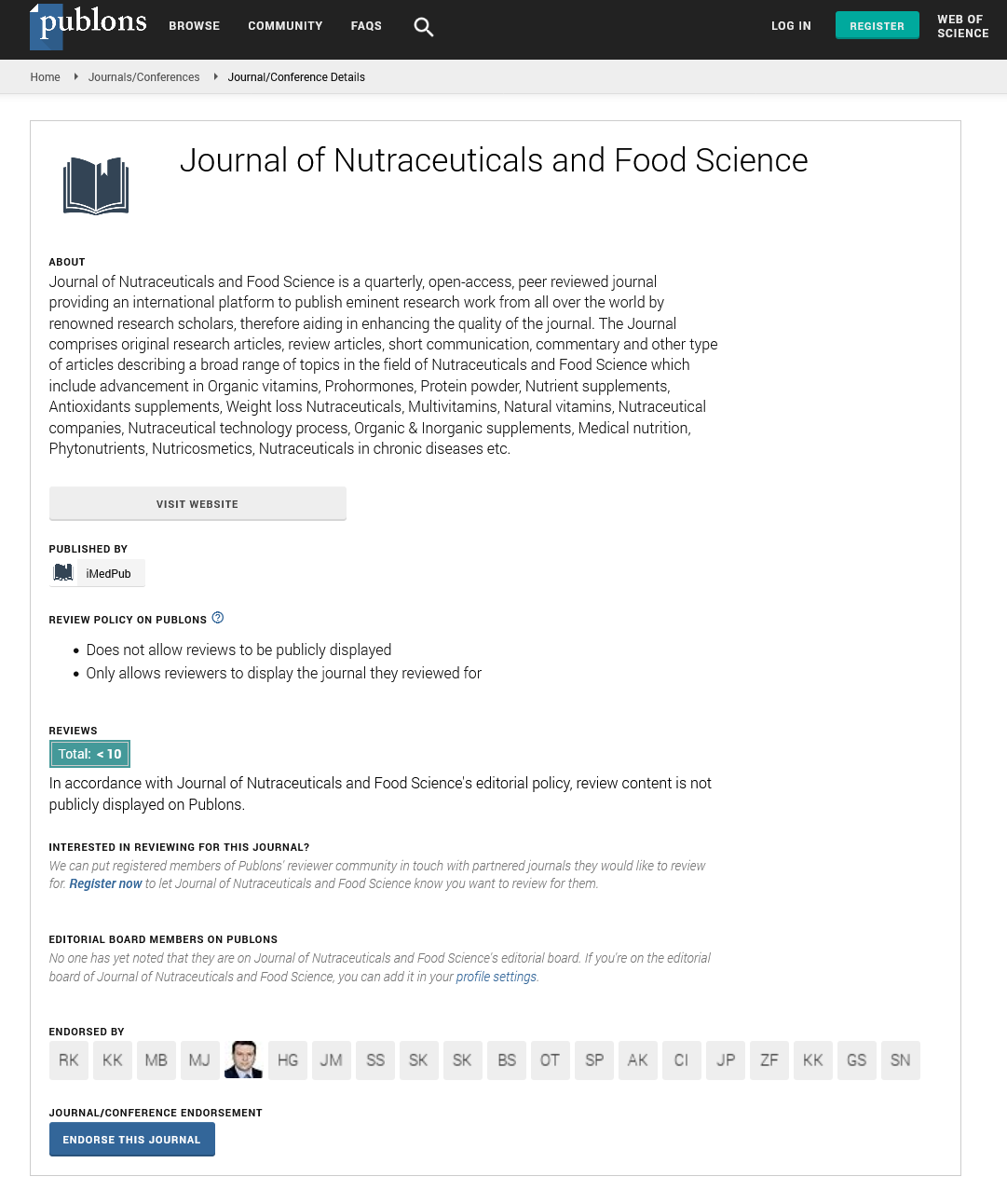Abstract
Organic Coatings for Food
Between the underlying metal and the corrosive environment, organic coatings act as corrosion barriers. They help constructions last longer by providing weather, humidity, abrasion, chemical resistance, toughness, and a pleasing look. The mechanical properties of the coating system, the kind and concentration of suspended inhibitors, pretreatment of the metal surface, adherence of the coating to the underlying metal base, and other additives that limit substrate corrosion all affect the efficiency of organic coatings. Solvent, resin (binding), pigment, filler, and additives are common ingredients in coating formulations. They provide a continuous, homogenous covering that inhibits cracking and structure disintegration during stress, water permeability, and physical ageing when applied to the underlying metal. To justify the cost, protective coatings should have low permeability, good corrosion stability, and a long-term look.
Author(s):
Rebecca Wilson
Abstract | PDF
Share this

Google scholar citation report
Citations : 393
Journal of Nutraceuticals and Food Science received 393 citations as per google scholar report
Journal of Nutraceuticals and Food Science peer review process verified at publons
Abstracted/Indexed in
- Google Scholar
- Publons
- Secret Search Engine Labs
Open Access Journals
- Aquaculture & Veterinary Science
- Chemistry & Chemical Sciences
- Clinical Sciences
- Engineering
- General Science
- Genetics & Molecular Biology
- Health Care & Nursing
- Immunology & Microbiology
- Materials Science
- Mathematics & Physics
- Medical Sciences
- Neurology & Psychiatry
- Oncology & Cancer Science
- Pharmaceutical Sciences


